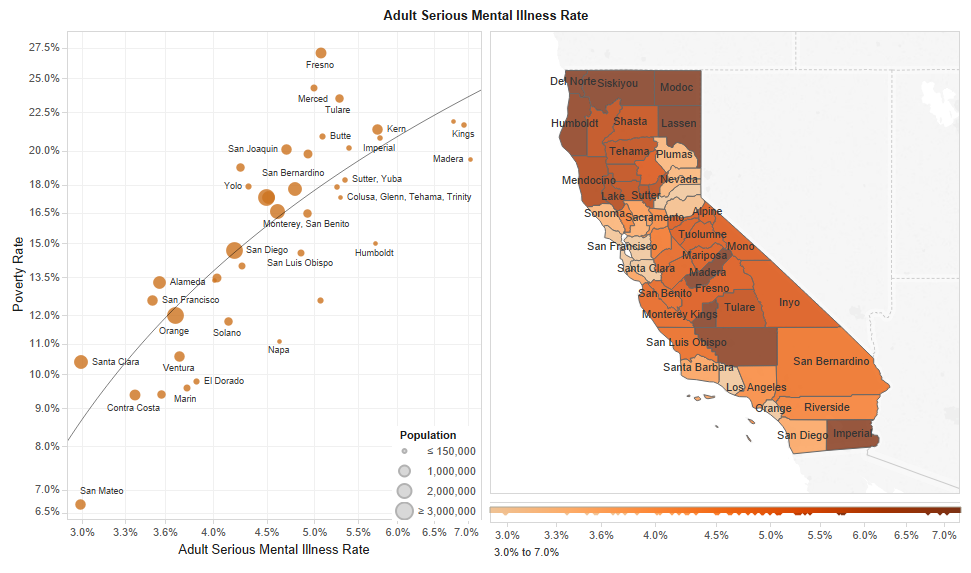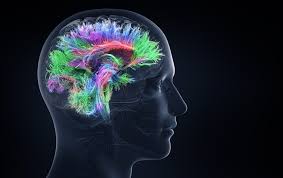Below is Kathy Yu’s story and response to the issue of bringing clean water to Uganda.
Pay-it-forward-Pizza
Genetics of Mental Illness
Molecular biology researchers are using the tools of science to build a map of the brain. In the process of learning about the brain, they are exploring the role of genetics in mental illness. Below is an excerpt from the documentary Ride the Tiger: A Guide Through the Bipolar Brain. The documentary highlights the direction researchers are taking to understand more about the bipolar disorder through genetic mapping. In identifying clusters of genes in patients diagnosed with bipolar disorder, scientist can use that as a starting point to learn more about mental illness.
There is still much to learn about the brain and the biological components of mental health.
Below are additional resources for Ride the Tiger Film
From Detroit Public TV in partnership with the University of Michigan College of Education, Health and Human Services.
These resources will help you navigate these important conversations in the community.
- Bipolar Disorder: Fact Sheet and Criteria for Diagnosis (PDF)
- Glossary of Key Terminology (PDF)
- Conversation Guide for Young Adults (PDF)
- Conversation Guide for Adults (PDF)
- Living with Bipolar Disorder (PDF)
- Bipolar Disorder Resources “Webliography” (PDF)
- Mental Health and Bipolar Resources for Educators
- Resources for Caregivers and Family Members of Persons Living with Bipolar Disorder
For more information please visit:
Mental Health Service Gaps
Mental Health America shared key findings in their 2017 report of the state of mental health in America. Previous surveys conducted by the World Health Organization and policy researchers have noted there is a large sector of people with unmet mental health needs. As shown in the infographic below, 56% of Americans don’t have access to mental health services. In the state of Vermont which has the best access to services, 43% of adults with mental illness were not treated sufficiently. The survey reveals the rates of severe depression amongst youth have increased 2.6% between 2011 to 2014, yet 80% of the population did not receive sufficient treatment. This problem of inadequate access is exacerbated by the shortage of mental health professionals to provide services.
In the state of California, 2013 demographic study by California Health Foundation, shows higher rates of mental illness in areas of lower income and for Native American, multinational and African American populations. The distribution of spending on mental health care in the US has changed dramatically over the last 20 years, with inpatient and residential care spending decreasing, and outpatient care and prescription drug spending increasing.

Nearly 1 in 6 California adults has a mental health need. 1 in 20 has a serious mental illness which affects their daily activities. The rate among children is even higher: 1 in 13 suffers from a mental illness that limits participation. There is not enough data to understand individual disorders, statewide costs or quality of care.
In California, about 16% of the adult population — more than 4 million people — have mental health care needs. For those with disabling conditions who do not have private health insurance, publicly funded programs are their primary, if not only, source of mental health care.
Key findings in the California Health Foundation study are listed below:
- Public spending on mental health services in California for Fiscal Year (FY) 2012–13 was estimated to be $7.76 billion, of which $3.34 billion was for Medi-Cal (California’s Medicaid program) beneficiaries. As the most populous state, California ranked first in the US for total spending on public mental health services but 15th for per capita spending in 2010.
- For people with severe mental illness, the California public mental health system offers rehabilitative, recovery-focused care. However, many Medi-Cal beneficiaries and uninsured adults with less-severe mental health conditions face significant gaps in coverage and in access to services.
- State laws shape California’s public mental health delivery structure, but nearly all financial and administrative responsibility for delivering these services rests on counties. This decentralization has resulted in wide variation in program operations, quality, and service availability.
- As in many other states, funding for California’s public mental health system is “carved out,” or disconnected, from the rest of public health care system funding. As a result, people with mental health needs often must navigate two systems for care.
For more information please visit:
http://www.mentalhealthamerica.net/issues/state-mental-health-america#Key
http://www.chcf.org/publications/2013/07/data-viz-mental-health
Click to access Earlyrelease201705.pdf



